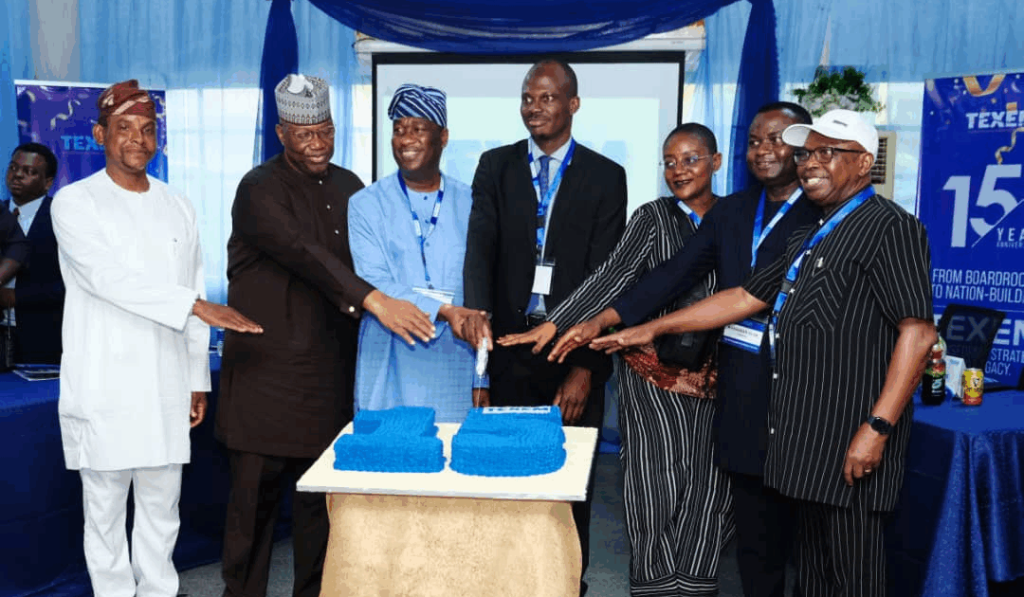TEXEM, a UK-based leadership development organization, celebrated its 15th anniversary not with mere fanfare, but with a profound commitment to nurturing future Nigerian leaders. Their chosen venue, Greensprings School in Lagos, became the backdrop for a youth leadership workshop designed to ignite the potential of over a hundred senior secondary school students. This was not a superficial exercise in corporate social responsibility, but a deeply intentional investment in the next generation, recognizing that leadership development must begin with the youth who hold the keys to the future. The event served as a powerful counter-narrative to the often transactional and optics-driven nature of corporate interventions, emphasizing the importance of values-based leadership and genuine social impact.
The core message resonating throughout the workshop was the idea that leadership is not confined to titles or positions of power. TEXEM’s founder, Dr. Alim Abubakre, emphasized that true leadership originates from awareness, action, and a genuine commitment to service. This message was reinforced by prominent speakers like John Momoh, who highlighted the significance of media integrity, and Lagos State Deputy Governor, Dr. Obafemi Hamzat, who championed values-driven public service. The workshop wasn’t just about imparting knowledge and skills; it was about instilling a sense of responsibility, agency, and vision in these young minds, fostering a belief that their dreams and aspirations are crucial for national transformation.
The workshop’s structure was intentionally interactive, ensuring that students were not passive recipients but active participants in the learning process. They engaged in robust dialogues with public leaders, fearlessly posing challenging questions and sharing their perspectives on critical national issues. This interactive format empowered them to take ownership of their learning and translate it into concrete action. Students made personal commitments to address issues they cared about, ranging from mental health awareness campaigns to community-based recycling initiatives. These weren’t just theoretical exercises; they were genuine pledges driven by a newfound sense of responsibility.
The event served as a powerful example of normative corporate social responsibility, a model that prioritizes ethical obligations and societal well-being over strategic gains and brand enhancement. TEXEM’s commitment to investing in these young Nigerians, who hold no immediate purchasing power or market influence, underscores a genuine commitment to social justice and equitable development. It was an act of faith in the potential of these young individuals, demonstrating that true impact often lies in actions that expect nothing in return beyond the possibility of a more just and equitable world.
The impact of the workshop extended beyond the immediate event. It served as a timely reminder of the critical role that organizations play in shaping the future by investing in the next generation of leaders. In a world grappling with uncertainty and institutional instability, such interventions are not merely desirable; they are essential. By choosing to invest in the development of young people’s leadership potential, TEXEM demonstrated a commitment to nurturing not only individual growth but also societal progress. This is a compelling example of how organizations can move beyond traditional CSR paradigms and embrace a more profound commitment to social responsibility.
The workshop wasn’t merely a celebratory event marking TEXEM’s anniversary; it was a testament to the organization’s values and its belief in the transformative power of youth leadership. It served as a call to action for other organizations to recognize their responsibility in shaping a more just and equitable future. TEXEM’s initiative underscores the idea that true leadership is not about titles or positions, but about a commitment to service, a dedication to ethical principles, and a belief in the power of collective action. By empowering these young Nigerians with the skills, vision, and empathy to become future leaders, TEXEM has not only invested in their individual potential but also contributed significantly to the future of Nigeria.














